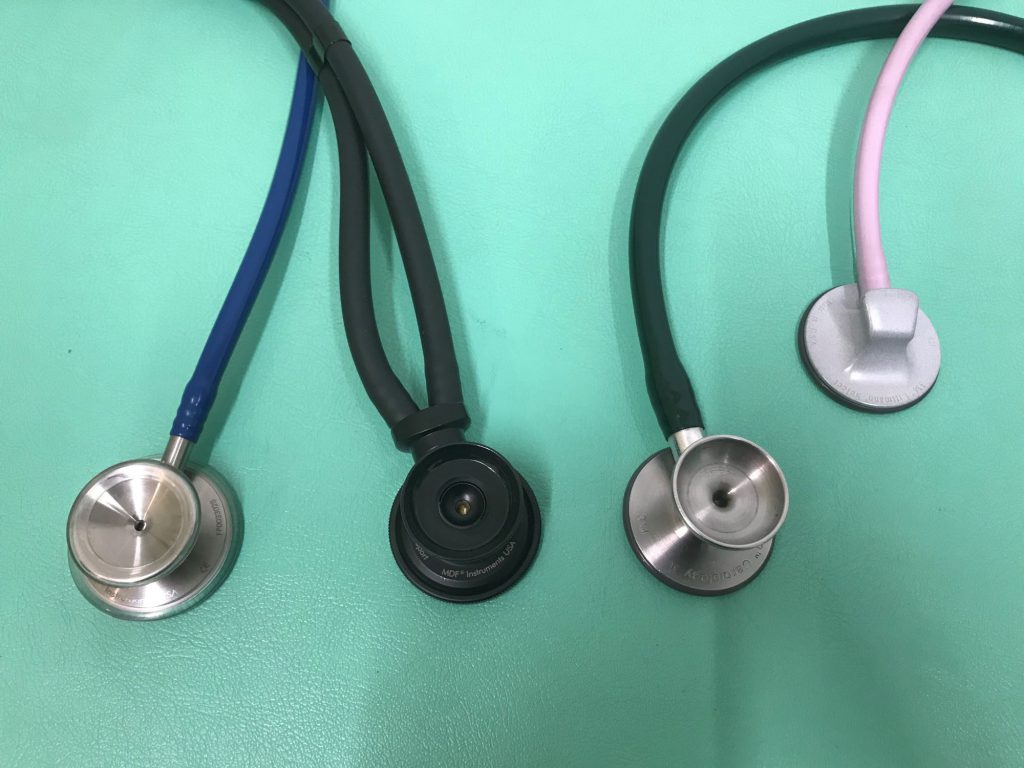
Published April 13, 2021
Pro-life doctors are rallying around a new effort in the medical community: a treatment protocol that can reverse the effects of a chemical abortion before a pregnant mother loses her unborn child. Instead of helping to give women that choice, the abortion industry has come down hard against the new method, opposing legislation that would inform women of their options.
About one-third of annual abortions in the U.S. are chemical abortions, the most common type of abortion procedure in the first trimester, approved by the Food and Drug Administration for up to ten weeks’ gestation.
A chemical abortion takes place in two stages. First, a pregnant mother is given mifepristone — brand-name Mifeprex — which blocks progesterone, an essential hormone in the growth, development, and sustaining of a fetus. Twenty-four to 48 hours later, she takes a second drug, misoprostol, containing prostaglandins that induce cramping and bleeding to expel the fetus.
A little more than a decade ago, doctors began to develop a safe, successful way to halt that process, aimed at helping women who had taken Mifeprex to reverse the process of terminating their pregnancy before they took misoprostol.
Leaders in the abortion industry tend to deny that women ever come to regret abortion, a claim easily disproven by anecdotal evidence and scientific studies. Nevertheless, supporters of legal abortion insist that abortion-pill reversal (APR) is unnecessary because no woman would elect to undo a chemical abortion once she’s taken the first dose.
But according to Dr. Christina Francis, chairman of the board of the American Association of Pro-Life Obstetricians and Gynecologists (AAPLOG), more than 2,000 women have chosen APR and successfully halted a chemical abortion.
Francis says that she assisted one patient who had started a chemical abortion and later delivered a healthy son after choosing APR treatment. “She said that as soon as she took the abortion drug, she immediately regretted it, and she went home and Googled, ‘Can I reverse my abortion?’” Francis tells National Review.
That Google search eventually led her to Francis, one of the many providers willing to treat women who are determined to halt their partially completed chemical abortions. Women looking to reach those doctors can call a hotline number where a trained nurse will screen them and direct them to a local practitioner for treatment.
The mechanism of abortion-pill reversal is simple and scientifically sound. It can be attempted only for women who have taken Mifeprex, the first of the two chemical-abortion drugs, and not the second drug, misoprostol, and it must be started within 72 hours of taking Mifeprex. The method entails prescribing women a sustained regimen of progesterone, which competes in the body with Mifeprex and, ideally, prevents the abortion drug from cutting off nutrition and support to the fetus.








